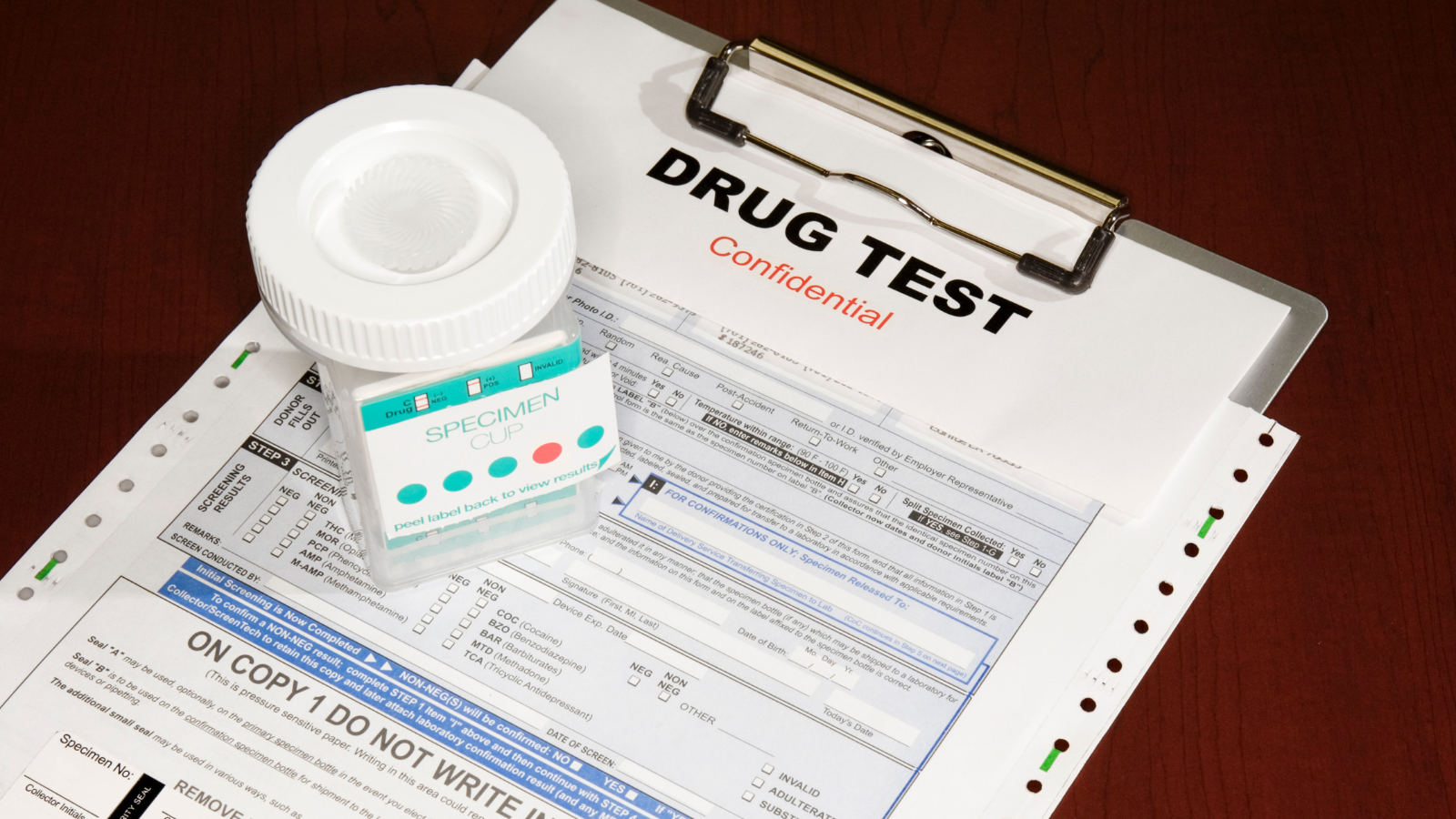Recreational marijuana is a complicated problem for drivers, and trucking fleets
🌿 Recreational marijuana is a complicated problem for drivers, and trucking fleets.
Marijuana use can impair judgment, coordination, and reaction time, which can increase the risk of accidents and injuries. Truck drivers who operate commercial vehicles under the influence of marijuana pose a significant risk to themselves and other motorists. The use of recreational marijuana can also lead to regulatory compliance issues for trucking companies and fleets. Trucking companies are required to comply with federal regulations that prohibit the use of marijuana by commercial drivers, and failure to comply can result in fines, loss of licenses, and legal liability.
The marijuana supply chain faces unique challenges due to legal restrictions and state-specific regulations.
The overall positivity rate for drug tests in the U.S. workforce has reached a 20-year high due to the legalization of recreational marijuana in some states, according to Quest Diagnostics.
A recent report from the American Transportation Research Institute reveals that drivers and carriers are frustrated with the current limitations of drug testing, particularly the absence of a marijuana impairment test.
According to data from the federal Drug & Alcohol Clearinghouse, the number of truck drivers testing positive for marijuana increased by 9.2% in the first quarter of 2023.
New guidelines for federal workplace drug testing have been proposed, which may soon include hair testing.
Marijuana use can impair judgment, coordination, and reaction time, which can increase the risk of accidents and injuries.
Marking a 32% increase compared to 2021m a whopping 41,000 truck drivers tested positive for the substance, according to the Federal Motor Carrier Safety Administration’s Drug & Alcohol Clearinghouse.
The Owner-Operator Independent Drivers Association is making its opposition known against the Federal Motor Carrier Safety Administration’s Drug and Alcohol Clearinghouse’s proposition to accept hair testing results.
This isn’t the first time that the Trucking Alliance has made a push for the Federal Motor Carrier Safety Administration to introduce hair testing to the Drug and Alcohol Clearinghouse.
Urine drug tests have resulted in positive rates of increasing a relative 25% year over year. This growth signals a troubling statistic in the transportation and warehousing industry.
The pharmaceutical industry is facing a $35 billion supply chain problem.













Ohio has become the 24th state to legalize recreational marijuana, following voter approval of Issue 2 in the November election.